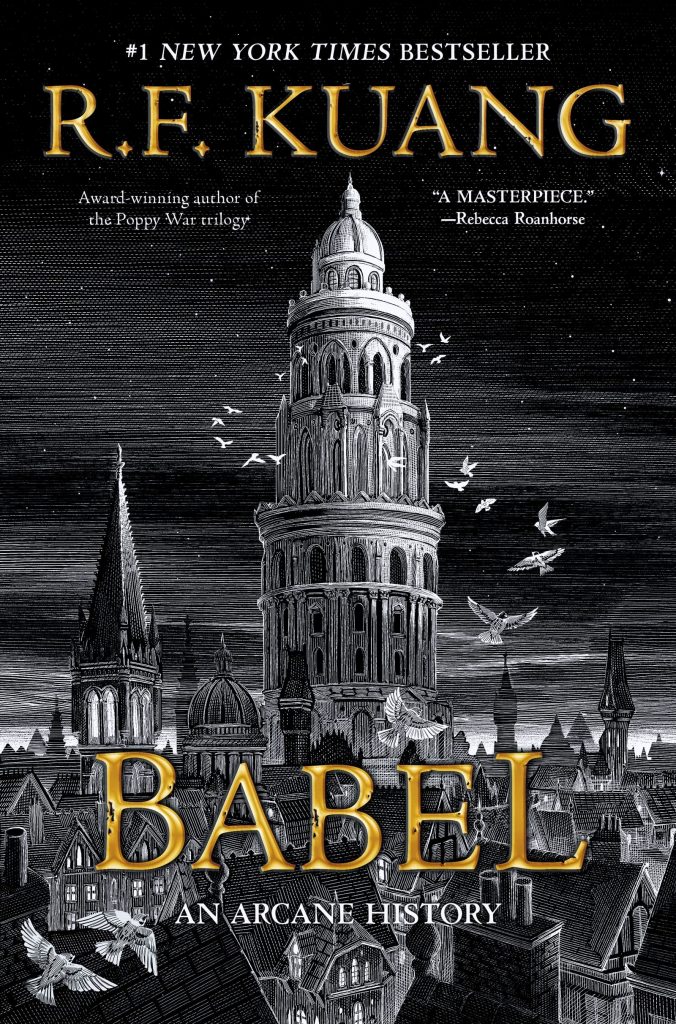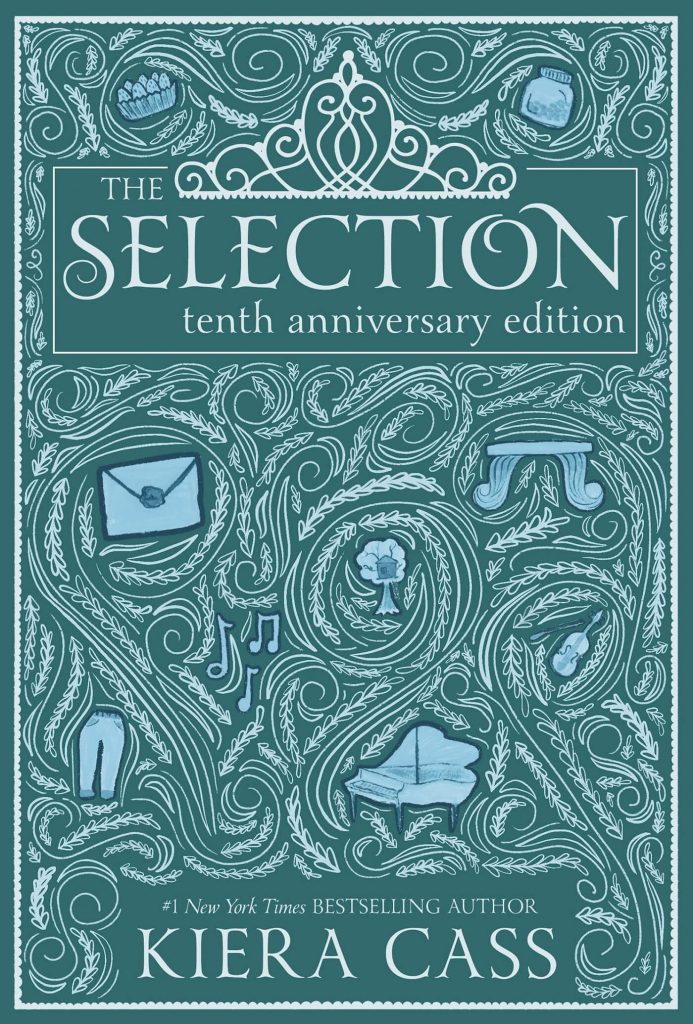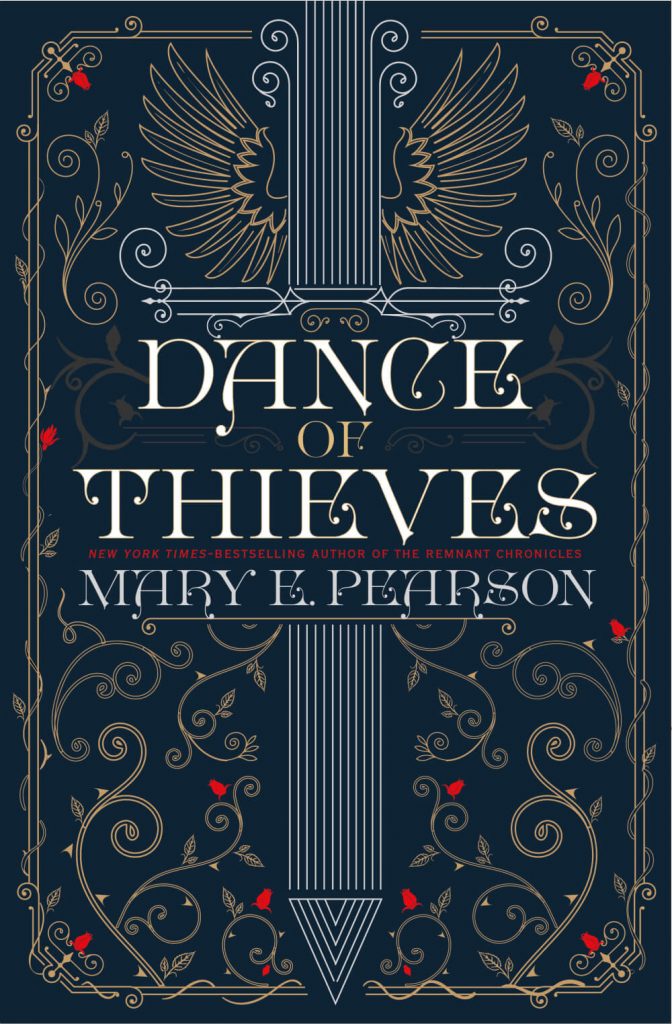Published: 1871
Genre: Literary Fiction, Social Commentary
Rating: ★★★★ – 4/5
Disclaimer: This review differs slightly from my usual ones. Rather than just evaluating the novel, I’ve taken a more analytical approach, exploring its themes and characters in depth—particularly how they resonated with me personally. Middlemarch is a novel that invites reflection, and I found myself engaging with it in a way that felt more introspective than my typical reviews.
“And, of course men know best about everything, except what women know better.”
– Middlemarch: a Study of Provincial Life by George Eliot
George Eliot’s Middlemarch is one of those books people call “a masterpiece.” Though that word has a stuffy and intimidating connotation, Middlemarch is much more than that. This is a novel that looks at life, ambition, and human flaws with a kind of compassion and honesty that feels timeless.
At the heart of the novel is Dorothea Brooke, an idealistic young woman full of a striking hunger for meaning. Her journey feels surprisingly modern and resonant for young readers who are just starting to figure out who they are and what they want to be. Middlemarch is a novel about choices—how they shape us, how they betray us, and how they lead us to unexpected places.
– Dorothea Brooke: The Search for Meaning –
Dorothea’s desire to live a meaningful life—to do something that matters—is deeply relatable for young people today. She dreams of making an impact but struggles to figure out how to channel her ambition in a world that constantly tries to define her limits. As she says early on, “I am not a woman who can live without a great aim” (Chapter 6), revealing the depth of her idealism. Her story captures that confusing, frustrating stage of life when you’re full of potential but unsure where to direct it.
She chases one elusive dream by marrying Reverend Casaubon, believing his work will give her life true purpose. It’s a devastating mistake, but one that reveals an important truth: wanting something bigger than yourself is a good thing, but finding the right way to do it is rarely straightforward. Casaubon, cold and self-absorbed, offers her none of the intellectual partnership she imagined. Instead, he belittles her, treats her as a mere assistant to his grand (but ultimately meaningless) scholarly work, and stifles her natural curiosity.
For readers growing up in 2025—a time when social media highlights achievements and comparison is a given—the pressure to have their futures mapped out feels overwhelming and inescapable. Dorothea’s missteps serve as a reminder that the process of trial and error is how we figure out who we are.
What makes Dorothea’s arc so powerful is that her story doesn’t end in defeat. She learns from her mistakes, growing stronger and more self-assured as she begins to trust herself. Her eventual connection with the disregarded Will Ladislaw, a much younger man who respects her passions and believes in her dreams without aspiring to fix her, allows her to see herself more clearly. Unlike Casaubon, Will does not want to confine Dorothea to the narrow role of an obedient wife. Instead, he supports her independence, showing her that she doesn’t need to sacrifice her own happiness for the sake of a grand ideal.
For young adults facing pressures to be everything and everyone, Dorothea’s journey feels like a reminder—it’s okay to stumble, to want more, and, most importantly, to find your own way forward.
– Eliot’s Narrative Style: A Reflection of Life –
The novel’s form arguably embodies the chaos of human life. Eliot chooses a sprawling structure that shifts perspectives and subplots, intentionally abandoning the tightly controlled and linear plotlines of typical 19th-century novels. There is no single protagonist or grand event that defines the novel’s purpose; instead, we follow multiple lives, all entangled in different forms of ambition, love, failure, and redemption.
Eliot’s prose further reinforces this complexity, balancing moments of deep philosophical reflection with intimate and personal revelations. The result is a work that not only feels full of life but organic, as though it grew straight from the paper and not from a blueprint. In this way, Middlemarch transcends its era into today, making its insights into human nature as resonant now as they were when first written.
– Why Middlemarch Still Matters –
What makes Middlemarch special is Eliot’s deep understanding of human nature—how messy people can be, how often ambition collides with reality, and how much hope there is even in failure. For young readers today, navigating a world that demands perfection yet offers little room for mistakes, Eliot’s compassionate exploration of trial and error feels more relevant than ever.
Often referenced as the perfect combination of Jane Austen’s wit and the stormy emotions of Charlotte Brontë, Eliot’s world is much bigger, less immediately dramatic, but far more real. While Austen’s novels end neatly with marriages and Brontë’s are filled with gothic intensity, Eliot’s work acknowledges that life continues beyond love and ambition—beyond what we think will define us.
Dorothea’s story is not about a singular triumph or failure but about how she reshapes herself through experience. As Eliot herself writes, “The important thing is not to get rid of the mistakes you make, but to learn from them and shape yourself anew.” (Chapter 62).
– Final Thoughts –
Middlemarch is a novel about searching—for purpose, for love, for a meaningful life. It does not offer easy answers, nor does it wrap up its characters’ struggles with neat resolutions. Instead, it acknowledges that growth is a slow, often painful process and that finding happiness is not about achieving a singular dream but learning how to live fully despite the inevitable setbacks.
For that reason, it remains one of the most profound and rewarding books ever written—one that demands patience but offers endless wisdom in return.
Happy reading!



